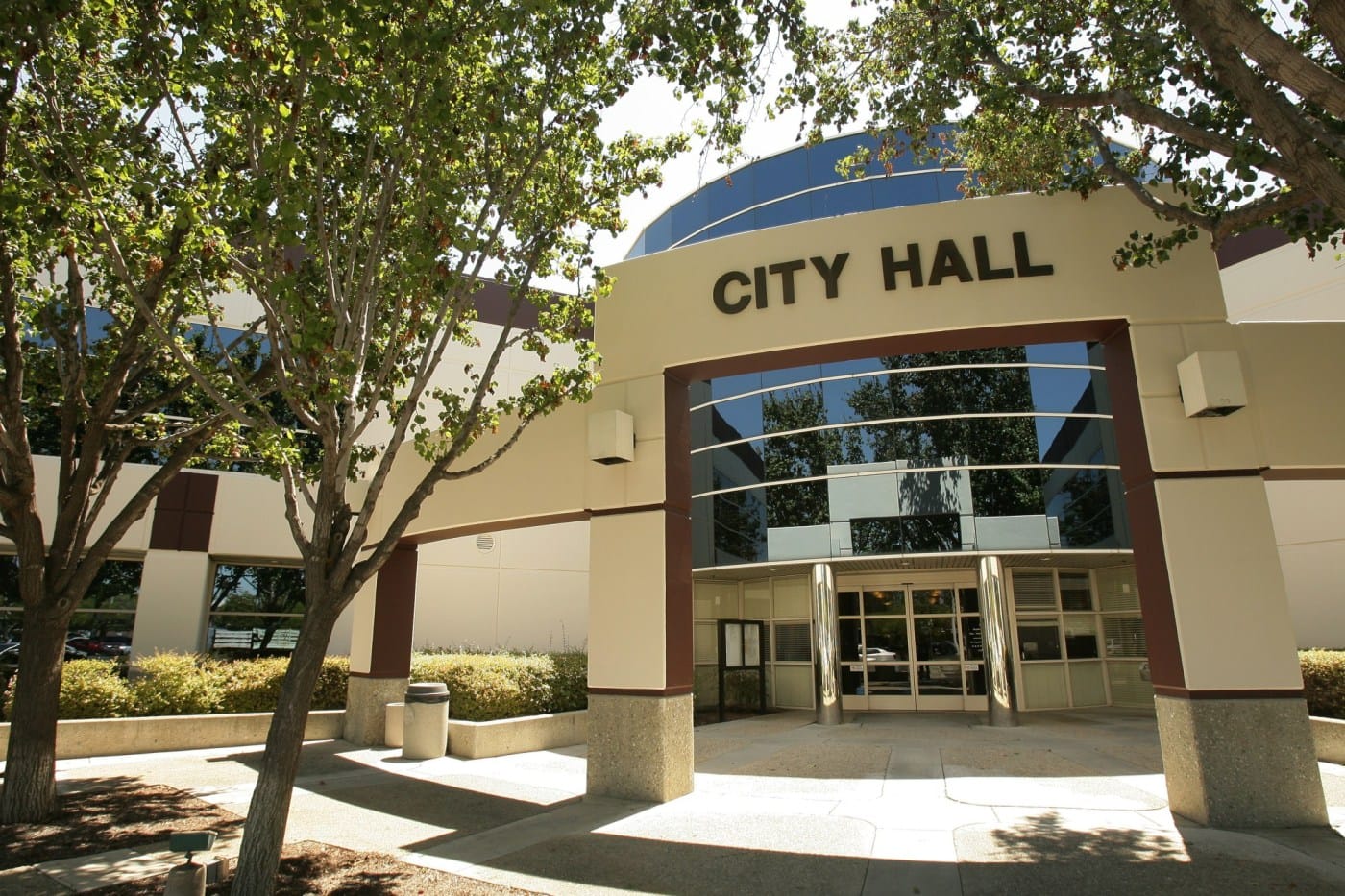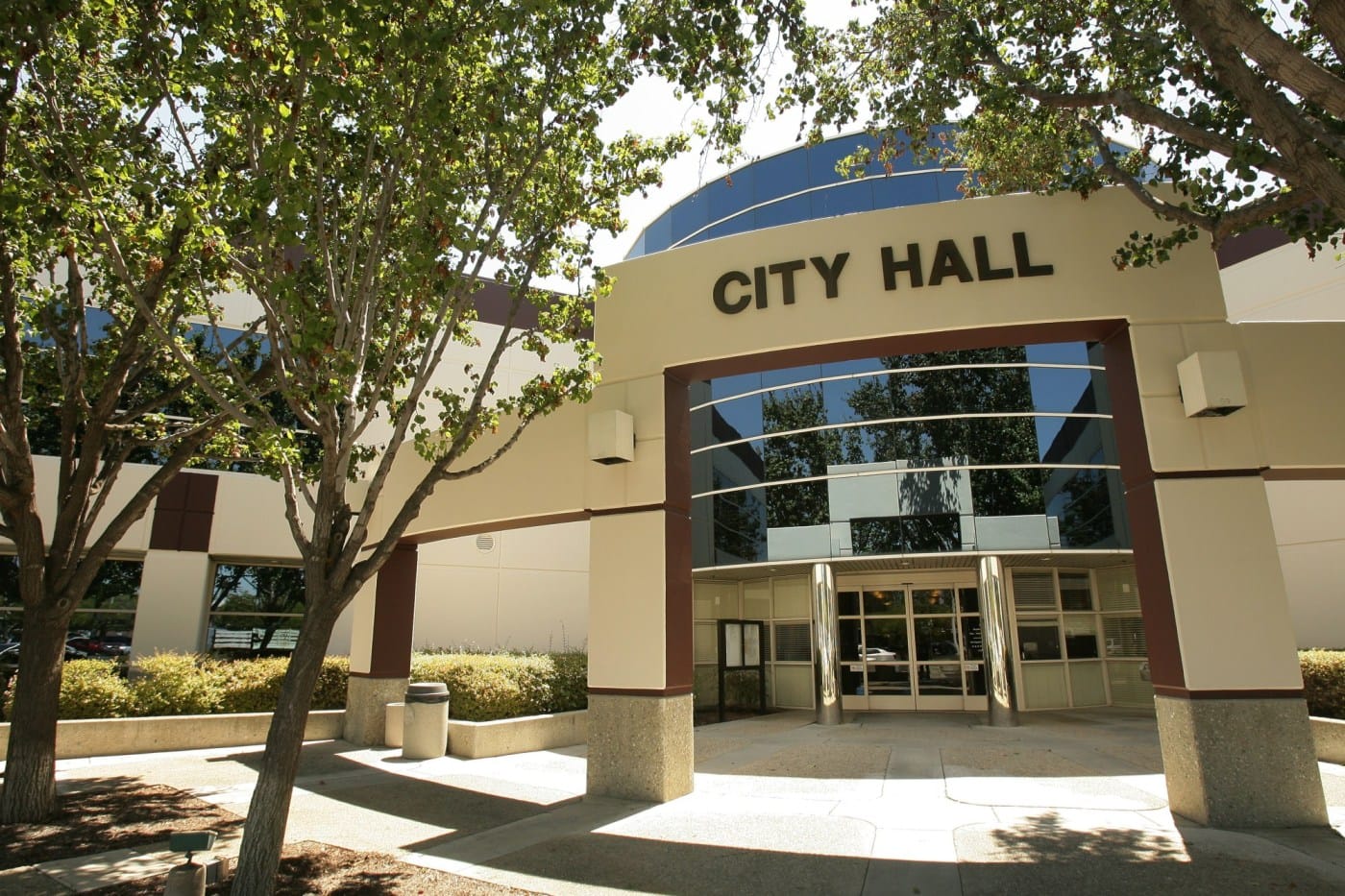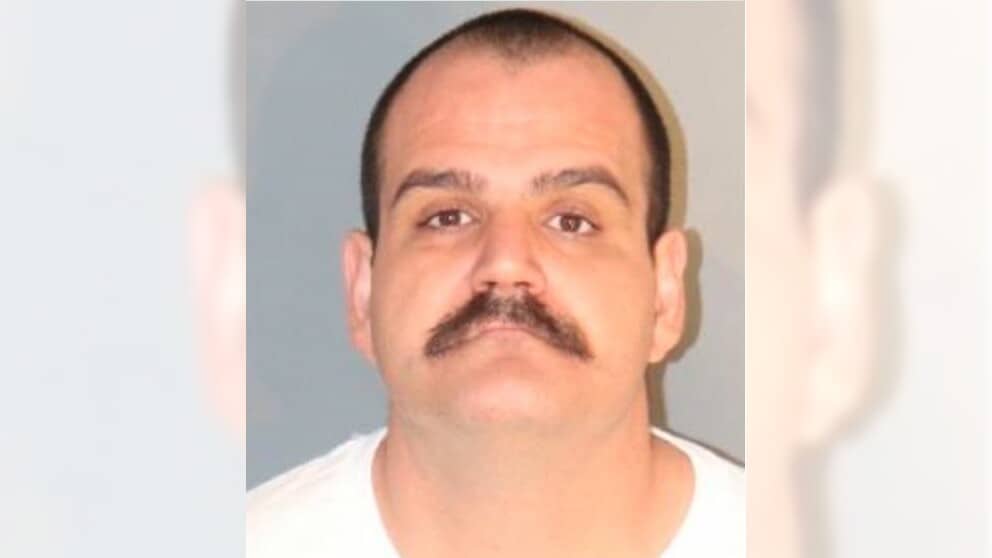Moreno Valley city leaders have rescinded approvals for developments governed by a General Plan that a Superior Court judge recently found lacking.
The move comes after the Sierra Club sued the city, alleging Moreno Valley officials relied on a flawed environmental study when they approved the General Plan in 2021. A judge recently agreed with the Sierra Club, ordering the city to fix shortcomings in the environmental review.
“There’s a lot of work ahead of us … and and it’s not the first time something like this has happened to a city,” Moreno Valley City Attorney Steve Quintanilla said in a June 26 phone interview. “It’s very disappointing, but we respected the judicial system.”
On June 25, the Moreno Valley City Council voted unanimously to repeal project approvals that had relied on the 2021 General Plan update, the Climate Action Plan, and related Environmental Impact Report and zoning.
“Moreno Valley’s residents deserve transparency about the real environmental impacts of the city’s growth plans,” George Hague, conservation chair with the Sierra Club’s Moreno Valley Group, said in a news release announcing the court ruling. “This is a huge win.”
The lawsuit, filed in July 2021, alleged the city rushed to approve the environmental review of its General Plan update without adequately addressing public concerns over air pollution, harmful emissions from industrial projects and other environmental impacts to residential neighborhoods, according to a Sierra Club news release.
Riverside Superior Court Judge Chad Firetag ruled May 6 that Moreno Valley had violated environmental law when it approved its “MoVal 2040” General Plan.
“We prevailed on virtually every issue in the case,” one of the attorneys representing the Sierra Club, Edward Schexnayder, said in a phone interview.
Schexnayder said the city must reconsider any projects it approved under the “flawed” general plan and find a proper way to evaluate the environmental impacts.
“The city can’t move forward until they do that work and actually comply with state law,” he added.
The city must now review proposals for development under the guidelines outlined in its 2006 General Plan, though the council may proceed with another General Plan update if it desires, Quintanilla added.
“The bulk of everything was upheld,” Quintanilla said of Firetag’s ruling. “It just came down to these very simple items. So even though it sounds pretty draconian for us to be ordered to rescind all this, it makes sense. OK, let’s go back and start from the beginning.”
A city adopts a general plan as a comprehensive, long-term guide for development within its boundaries as well as, in some cases, any land outside its boundaries that it believes is related to its planning, Quintanilla said. The plan is at the top of the hierarchy of a city’s land-use regulations and all zoning and other land-use decisions must conform to the city’s general plan.
Firetag ordered the city to set aside project approvals under its 2021 General Plan until it corrects deficiencies outlined in his ruling. The General Plan used a “legally inadequate” environmental baseline to analyze air quality, greenhouse gas emissions, energy use and public health impacts on vulnerable residents, Firetag ruled.
The plan also lacked analysis of toxic air contaminants, failed to identify project emissions to adverse health impacts and failed to identify significant climate impacts, according to Firetag’s ruling.
“The city shall not readopt the project approvals or certify a revised EIR unless and until the city complies with CEQA by correcting the deficiencies in the EIR,” the ruling reads in part.
“The state has adopted a number of very aggressive strategies trying to reduce greenhouse gas emissions statewide, and the city just didn’t adequately evaluate how it could do that,” Schexnayder said.
Under the California Environmental Quality Act, a law enacted in 1970, local governments and public agencies are required to evaluate the environmental impacts of major land-use decisions and development projects.
The law requires local governments to analyze projects’ significant greenhouse gas emissions, and try to reduce emissions. The future of the law is under debate as Gov. Gavin Newsom recently called for reforms to stop those “who weaponize CEQA to block student and affordable housing.”
“As far as Moreno Valley, they did exactly what they’re supposed to do” in response to the judge’s ruling, Quintanilla said. “That will basically be the end of it, unless somebody appeals something, which I don’t anticipate.”
Related Articles
Memorial for Tom Hunt, late Riverside school board member, is set
Injured falcons, hawks and owls get help with new LA County ‘raptor rescue’
New home sought for historical Corona train depot
A week after Ontario councilmember’s DUI arrest, residents call for accountability
How much did CalPERS claw back from retiree who grossly inflated his pension?



